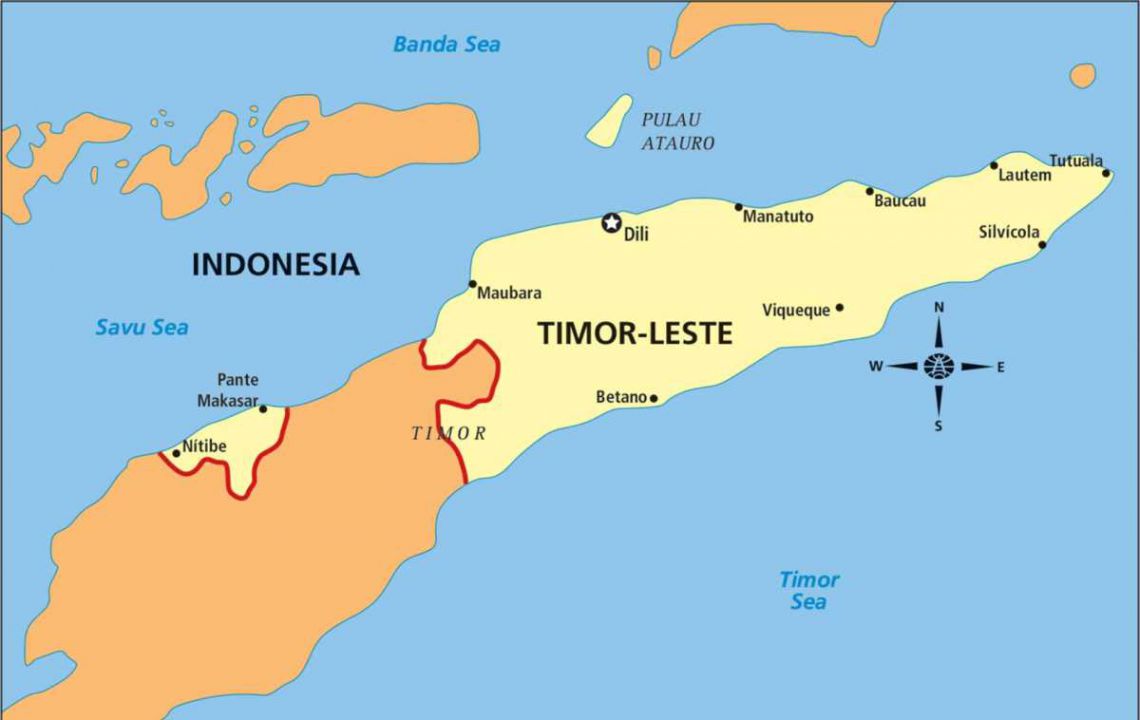After more than ten years from its candidacy, Dili is preparing to become the eleventh member state of the South-East Asian bloc.
Signed at the end of the 40th ASEAN Summit held in Phnom Penh, the agreement in principle granted Timor-Leste observer status and participation in all ASEAN meetings, including the summit plenaries. The country would be the first new ASEAN member in more than two decades since Cambodia's admission in 1999.
The expected decision comes after years of debate, which includes initial reluctance from Singapore. President Ramos-Horta presented East Timor's candidacy for ASEAN membership in 2011, one year before completing his first five-year term. At the time, the request brought out quite a bit of resistance even at home, due to the country's lack of human and economic resources to adapt to ASEAN programs, and above all the financial obligations that members are required to pay to manage the regional organization. The decision is therefore a great achievement for Ramos-Horta, who won the Nobel Peace Prize in 1996, together with the then bishop of Dili Carlos Ximenes Belo, for their peaceful campaigns in favor of the independence of East Timor from Indonesia. Inclusion in the regional bloc would in fact seem to be the beginning of a mea culpa from Indonesia towards its former colony.
The history of the two nations is marred by the loss of thousands of lives and the horrific acts of violence that marked the 24-year Indonesian occupation of what was then East Timor. Many more were killed in the aftermath of the United Nations-approved referendum on August 30, 1999, when the East Timorese voted for independence from Indonesia.
In December 1975, with the full approval of US President Gerald Ford and Australian Prime Minister Gough Whitlam, then-President Suharto invaded East Timor, after it was abandoned by Communist-controlled Portugal. For more than two decades, Indonesia acted as the colonial master of East Timor, which was named the twenty-seventh province of the Republic. However, the United Nations has never recognized Indonesia's sovereignty over East Timor, thanks in part to Ramos-Horta's global campaign. In the wave of change that led to the fall of the Suharto regime, his successor BJ Habibie decided to let the people of East Timor choose the future of their country, through a referendum that sanctioned independence from Indonesia, with almost 80% of the votes. Unable to accept such a defeat, the Indonesian army and its militias began an unparalleled destruction, forcing hundreds of thousands of people to flee. Peace was restored only after the United Nations sent multinational troops and the Indonesian military agreed to cooperate. Timor Leste was chosen as the official name of the new Republic, which declared its full independence on May 30, 2002.
Timor Leste, which shares the islands of Nusa Tenggara with Indonesia, is now among the world's poorest nations, the main reason why Singapore had opposed its entry into the bloc. All these years, it was President Joko Widodo who pushed fellow regional leaders to accept Timor-Leste as part of the group. From the outset Singapore questioned East Timor's capability to join the trade bloc, fearing that such an impoverished state would just become an unnecessary burden on ASEAN.
However, ASEAN has admitted new members despite low human and economic resources. Timor Leste remains a low-income country, but its welfare is better than Myanmar today. It enjoys huge reserves of oil and gas, and in 2021 per capita income was $1,400.
Helping new member states is standard procedure for ASEAN. Its history shows this first with Laos and Myanmar in 1997 and then Cambodia in 1999. New members of the bloc were also given special treatment to catch up with economically stronger members such as Indonesia, Vietnam, Thailand.
While waiting to receive the same treatment, the conditions are before everyone's eyes. Joining ASEAN would finally give Timor Leste a level playing field within the group and access to a huge market, which would help the country grow faster and be part of decision-making processes. Indonesia will not be able to repay its debt, but it is ready to write a new future.






